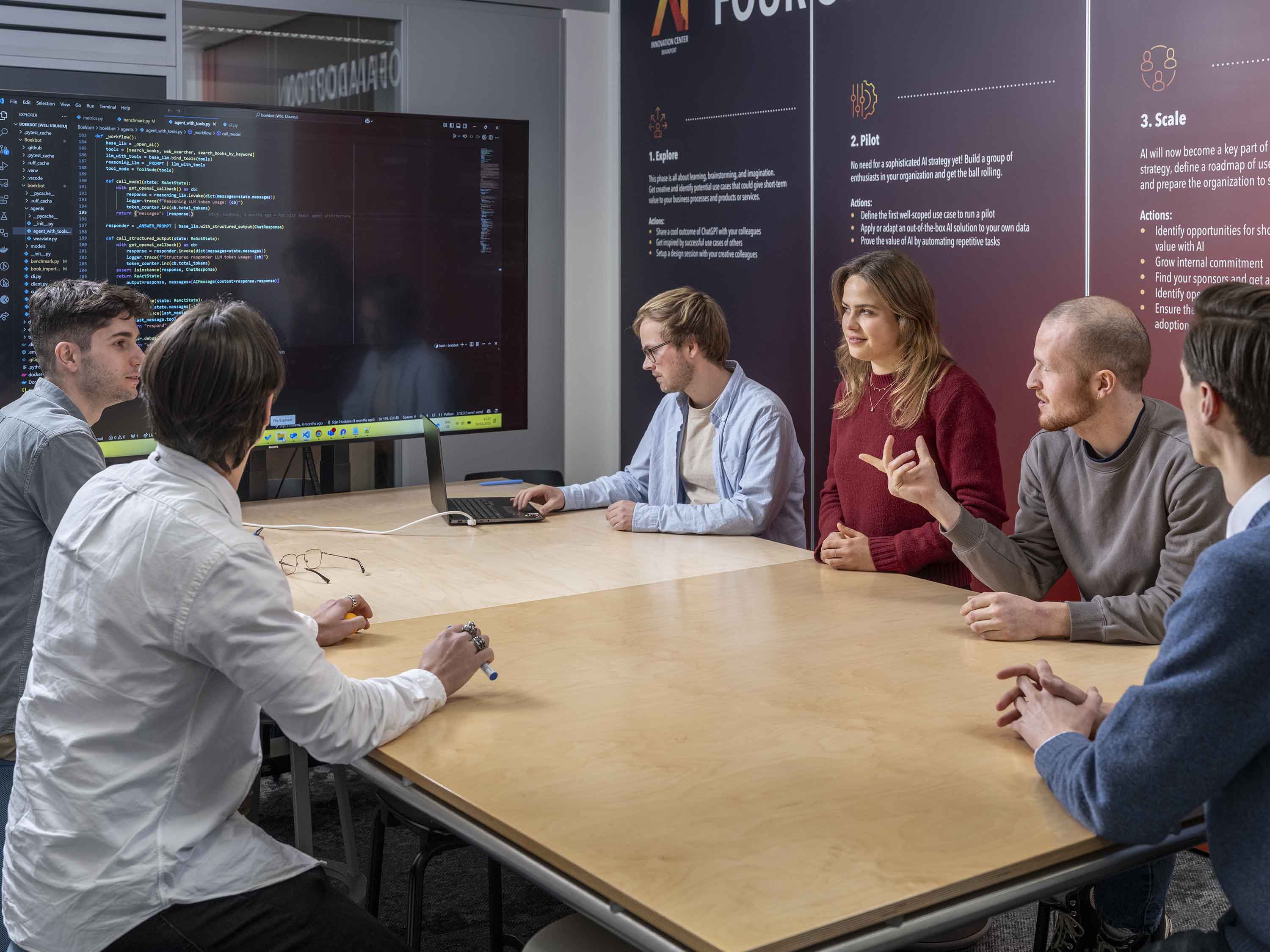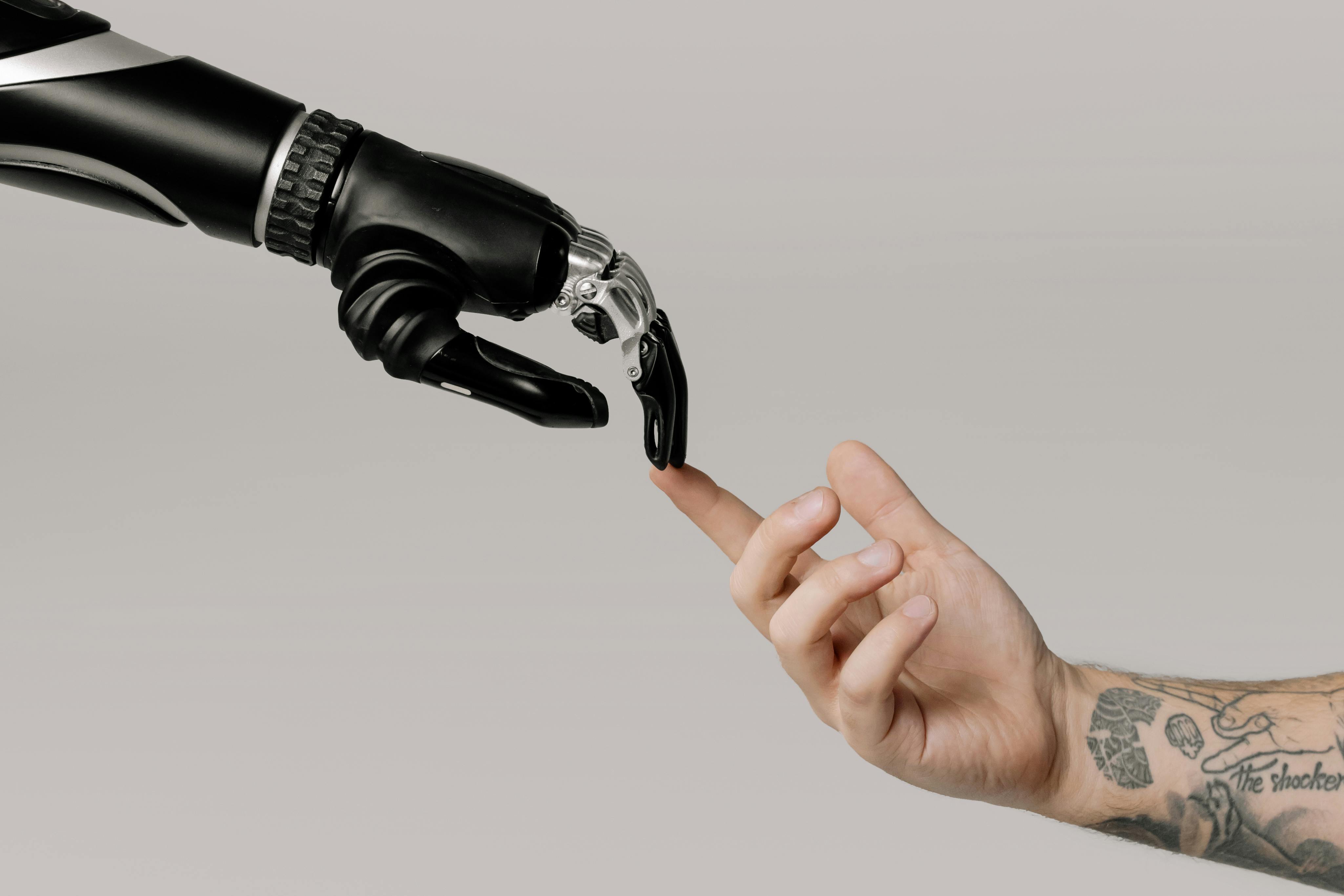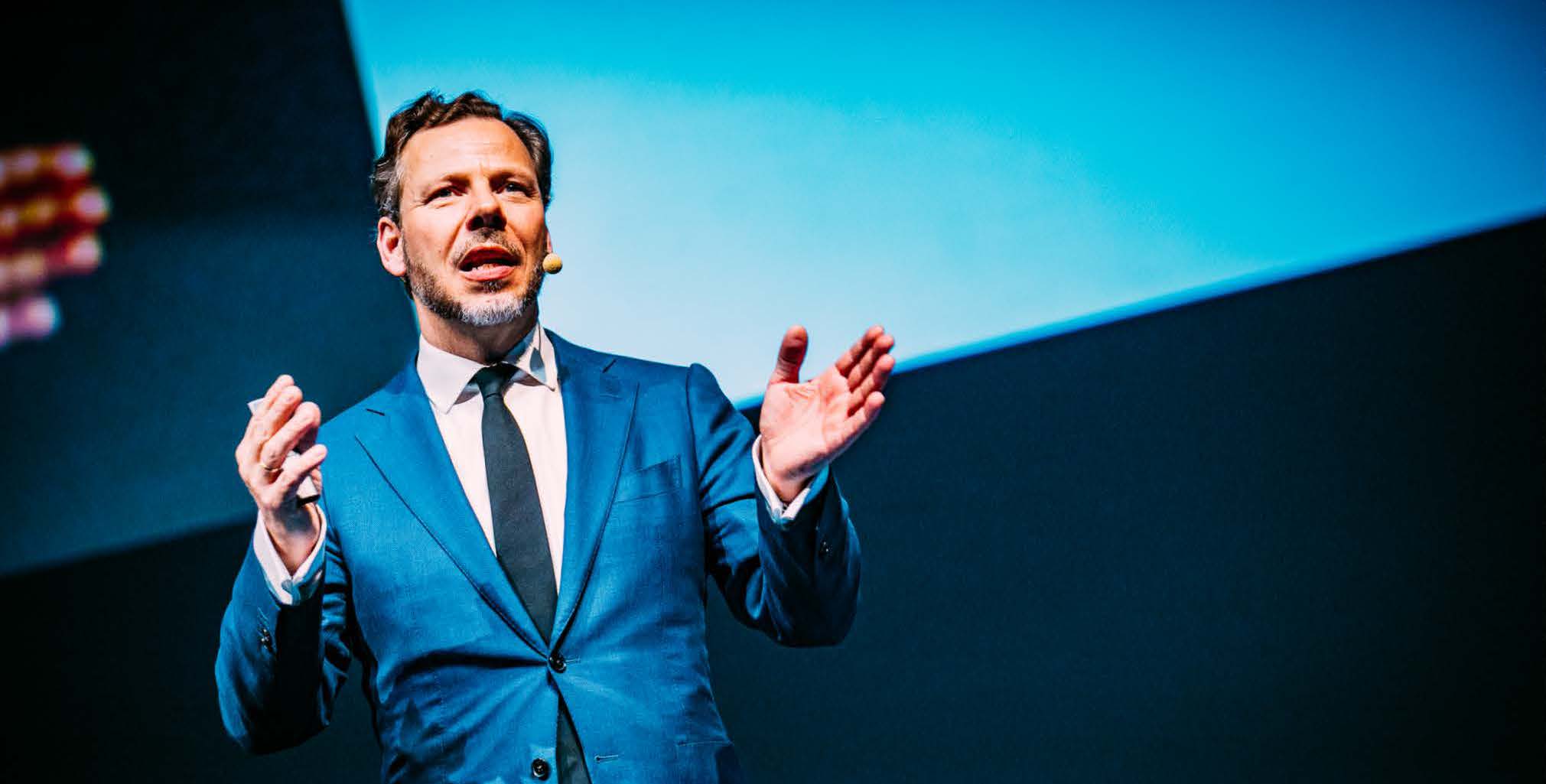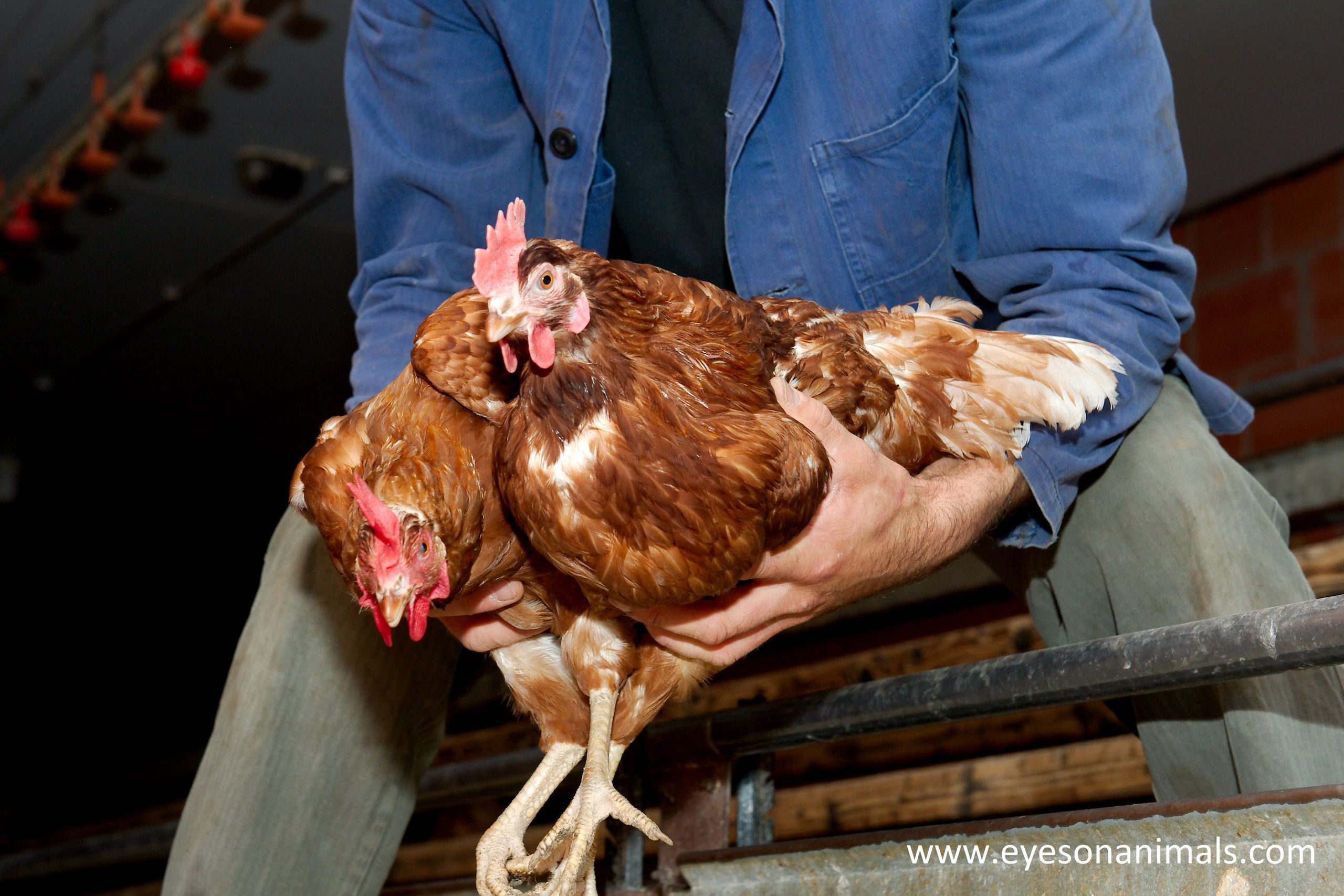4 mrt 2024
|
Maatschappij
The future of work in an AI-driven world
In the aftermath of the pandemic the big question around the future of work was whether people would return to the office. With the advent of AI, the question is now whether people will need to return to work at all.
 Ikhlaq Sidhu,
Dean of IE School of Science and Technology, IE University
Ikhlaq Sidhu,
Dean of IE School of Science and Technology, IE University
At first glance, the evolution of work culture post-pandemic seemed straightforward. Companies welcomed back their employees for at least few days each week. However, the rise of AI technologies has added a complex and potentially threatening new layer to this scenario. As someone who involved in tech and AI for the past 2 decades, with over 60 patents in the field of comms technologies, I believe AI’s workplace impact is likely to be far less dramatic and more nuanced than feared. Here’s what we can realistically expect:
Increased Workload, Not Diminished: Contrary to popular belief, AI will not lead to less work but more. AI functions as a powerful productivity tool. In a competitive landscape, this means individuals and organizations will be pushed to maximize their output. For instance, a doctor who currently manages 100 patients could potentially, with AI assistance, efficiently and effectively handle ten times that number. The same is true for software development and technical professions as well. We will be demanding more, not less, from everyone. This scaling up of capacity is a part of AI’s role as an enabler - not a replacement.
The Elimination of ‘Calculation’ Tasks: Human brains struggle with tasks that AI can do naturally such as calculation, simulation, and problem-solving. Generating text, once a purely human endeavor, is now within the purview of computational processes. However, the real value lies in what comes next: interpreting AI-derived solutions, deciding which problems are worth solving, and strategizing based on the results. These are inherently human tasks that AI cannot replicate.
Shift Towards Higher-Order Skills: With routine tasks being automated, the workforce will need to pivot towards skills that are uniquely human. Critical thinking, opportunity identification, insight, and entrepreneurship will become more valuable. These skills enable humans to work in synergy with AI, leveraging its strengths while contributing what AI cannot: creativity, emotional intelligence, and ethical judgment.
In sum, the future of work in the AI era is not about the disappearance of jobs but their transformation. AI is a tool that enhances human capability, not a substitute for it. The workforce of tomorrow will need to adapt, upskill, and embrace a partnership with technology. I am hopeful about the future of work in an AI-driven world precisely because it will focus on what humans do best: innovate, empathize, and lead.











